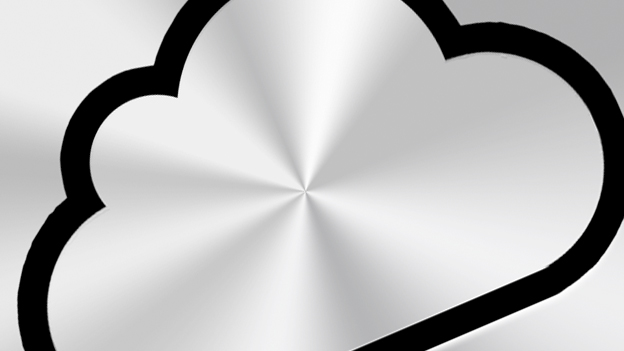
Sign up for breaking news, reviews, opinion, top tech deals, and more.
You are now subscribed
Your newsletter sign-up was successful
We've all done it: installed an upgrade and watched with horror as everything goes to pot. It happens to everybody from individuals, to phone companies and to websites.
It's easy to mock - You mean people were unable to get a decent net connection on their mobiles? That's like EVERY OTHER DAY EVER, AMIRITE?
While outages are inconvenient for some, they hardly a disaster. The bad news is that if something similar happens in the future, it could be.
During July's O2 outage, some commentators were quick to point out that a network outage was a first world problem. That is, if all you've got to worry about is getting a signal for your smartphone, then you can't really consider yourself hard done by. Others pointed out that needing data connections is a fairly recent development anyway; travel back just six years and even the smartest phone was as dumb as a bunch of rocks.
That's all true, but you might as well argue that doctors used to treat minor illnesses with amputation; the world has moved on, and hurrah for that.
The O2 outage was a warning, and it's as relevant to PCs as it is to phones. While Microsoft, Apple and Google argue over what to call it, who invented it and whose version of it is the bestest, they all agree that the future of the PC is not personal computers but personal clouds, or perhaps promiscuous computing.
Losing your connection
The actual device doesn't really matter: whether it's a Microsoft Surface tablet, an Acer Aspire S7 or an Apple iPad, all your stuff is floating around in the cloud, ready to be delivered to whichever device you happen to have whenever you need it.
Sign up for breaking news, reviews, opinion, top tech deals, and more.
That's fine, unless or until your cloud connection is severed. It could be cut by a malfunctioning ISP upgrade, or by a careless workie digging holes in your street; by an accounts department error or by a curious and sharp-toothed pet. It might even be caused by an act of terrorism, the result of a solar storm or, more likely, a breathtakingly huge cock-up by someone promoted beyond their competence.
No matter what the cause, the effect is the same: things you rely upon every day suddenly stop working. Imagine if instead of O2's network being down, something explodey had happened at a crucial bit of your ISP's internet infrastructure.
You'd be stuffed, and the more technologically inclined you are, the more comprehensively stuffed youfd be: the more recent your hardware and software are, the more likely it is that at least some of your valuable stuff is stored on and/or delivered via the cloud, whether that's iCloud or IPTV.
You might well mock your parents ancient XP box and enormous CRT screen, but at least they'll be able to access their stuff and watch some TV in the event of ISP armageddon. The more we put in the cloud, the more we depend on it.
I'm already used to Googling things rather than remembering them, and in addition to knowledge and facts I'm starting to rely on the cloud to store my stuff too. My photos and home videos have been up there for ages, but these days I'm also storing my Xbox saved games, my music library and even my favourite recipes on faraway servers.
Everything disappears
If you cut my connection, my IQ drops by 100 points, there's no entertainment in my house and the only thing I can cook is bacon. Even when the connection hasn't been cut, the cloud can still let you down like a British summer: when I had people round the other night, my cloud-based music service decided to stop working for no good reason.
My guests' initial relief - they weren't going to be subjected to hours of Radiohead b-sides after all - quickly turned to terror when they discovered that the only CDs I have in the house these days are the ones that belong to my four-year-old daughter. There are only so many choruses of gna na na na na na Gigglebizh a grown human can stand.
We're still in the early days of this. I, and maybe you, still have some people's telephone numbers in my own head, and I can find many of my friends' houses without having to rely on Google Maps or a sat-nav app. My magazines are mainly printed ones, as are most of my books, and I still buy the odd thing on DVD.
That's hopelessly inefficient, however, and over time anything that can be delivered digitally (which is pretty much everything bar bacon, and when 3D printing really takes off maybe we'll be able to use it to burn our own bacon butties too) will be.
Everything we think, watch, listen to or need to know will be in the cloud, delivered via always-on connections that must never, ever fail - because if they do, we'll be useless.
As Thom Yorke put it in one of the songs I was unable to stream the other evening: "When the power goes out, we'll just hum".